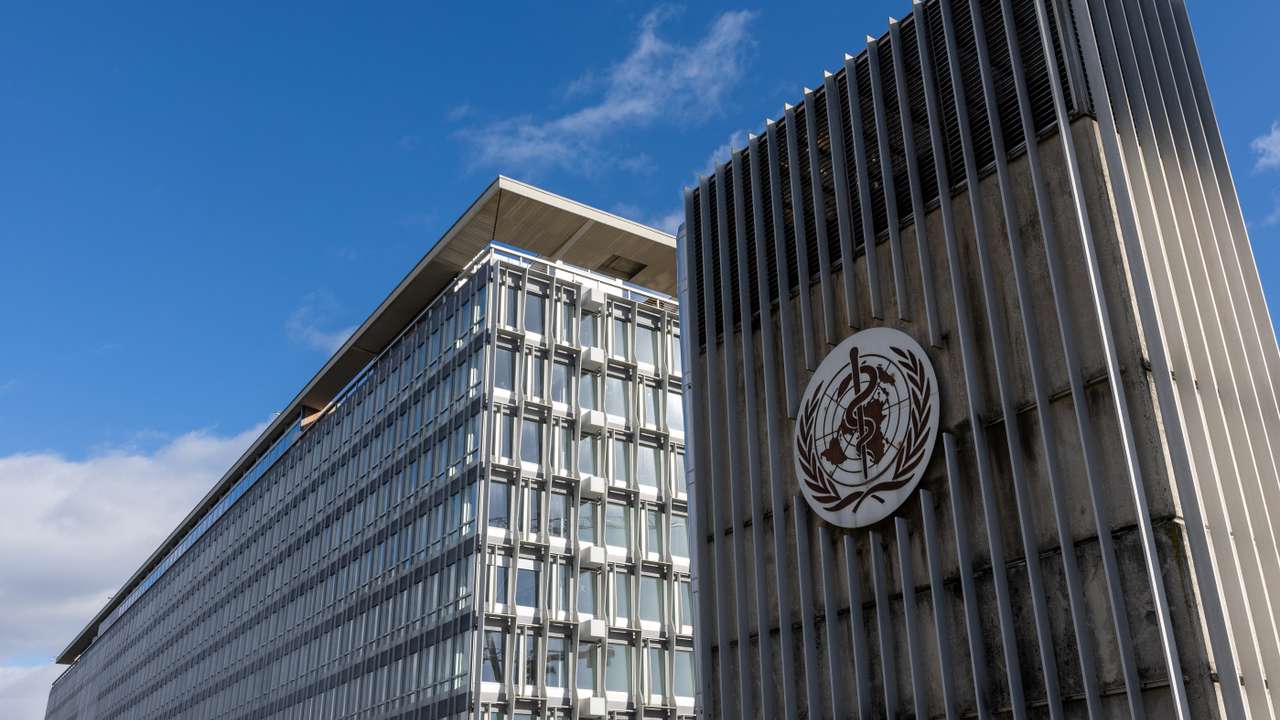WHO members reach deal on how the world would tackle future pandemics

By Olivia Le Poidevin
Members of the World Health Organization reached a landmark agreement on Wednesday on how to learn from COVID-19, which killed millions of people in 2020-22, and prepare the world for future pandemics.
Sticking points on the road to the deal included how to share drugs and vaccines fairly between wealthy countries and poorer ones.
The legally binding pact is widely seen as a victory for the global health agency at a time when multilateral organisations like the WHO have been battered by sharp cuts in U.S. foreign funding.
"After more than three years of intensive negotiations, WHO member states took a major step forward in efforts to make the world safer from pandemics," the health body said in a statement.
U.S. negotiators left the discussions after President Donald Trump began a 12-month process of withdrawing the U.S. - by far the WHO's largest financial backer - from the agency when he took office in January. Given this, the U.S. would not be bound by the pact.
"This is a historic moment and a show, that with or without the U.S., countries are committed to working together and to the power of multilateralism," Nina Schwalbe, the founder of global health think tank Spark Street Advisors, told Reuters.
This is only the second time in the WHO's 75-year history that member countries have reached a binding agreement - the last being a tobacco control accord in 2003.
The agreement, still subject to adoption by the World Health Assembly in May and ratification by members, addresses structural inequities about how drugs or vaccines and health tools are developed.
Its article nine requires governments to establish national policies setting access conditions in research and development agreements and to ensure that pandemic-related drugs, therapeutics and vaccines are globally accessible -- for the first time in an international health agreement.
"The deal essentially gives WHO members more teeth in terms of their preparedness, response and prevention of future pandemics," Ricardo Matute, Policy Engagement Advisor with the Governing Pandemics Team at the Global Health Centre, Geneva Graduate Institute, told Reuters.
Measures include allowing the WHO to have an overview of global supply chains of medical materials such as masks and vaccines. It will also enable more local production of vaccines and other treatments during a pandemic.
SHARING HEALTH KNOWLEDGE
Major impasses had held up an agreement.
Hours were spent debating article 11 on technology transfer — the sharing of knowledge, skills, and manufacturing capabilities — to help especially lower income countries produce pandemic-related vaccines, therapeutics, and diagnostics locally.
The accord requires participating manufacturers to allocate a target of 20% of their real-time production of vaccines, therapeutics, and diagnostics to the WHO during a pandemic. A minimum 10% are donations and the rest is reserved at affordable prices.
The deal will be taken to the WHO Assembly in May, when the text of the agreement may be adopted. That is not guaranteed because an annex to the accord on Pathogen Access and Benefit Sharing is yet to be agreed, and will require further negotiations, health sources said.
Once approved by the assembly, member states that joined the discussions must ratify the deal.
Health experts hope the accord will drive greater government investment in pandemic preparedness amid funding cuts to global health.
"Leaders should be investing now in pandemic preparedness and emergency response ... We can’t afford another pandemic, but we can afford to prevent one,” Helen Clark, co-chair of The Independent Panel for Pandemic Preparedness, said in a statement.
This article was produced by Reuters news agency. It has not been edited by Global South World.